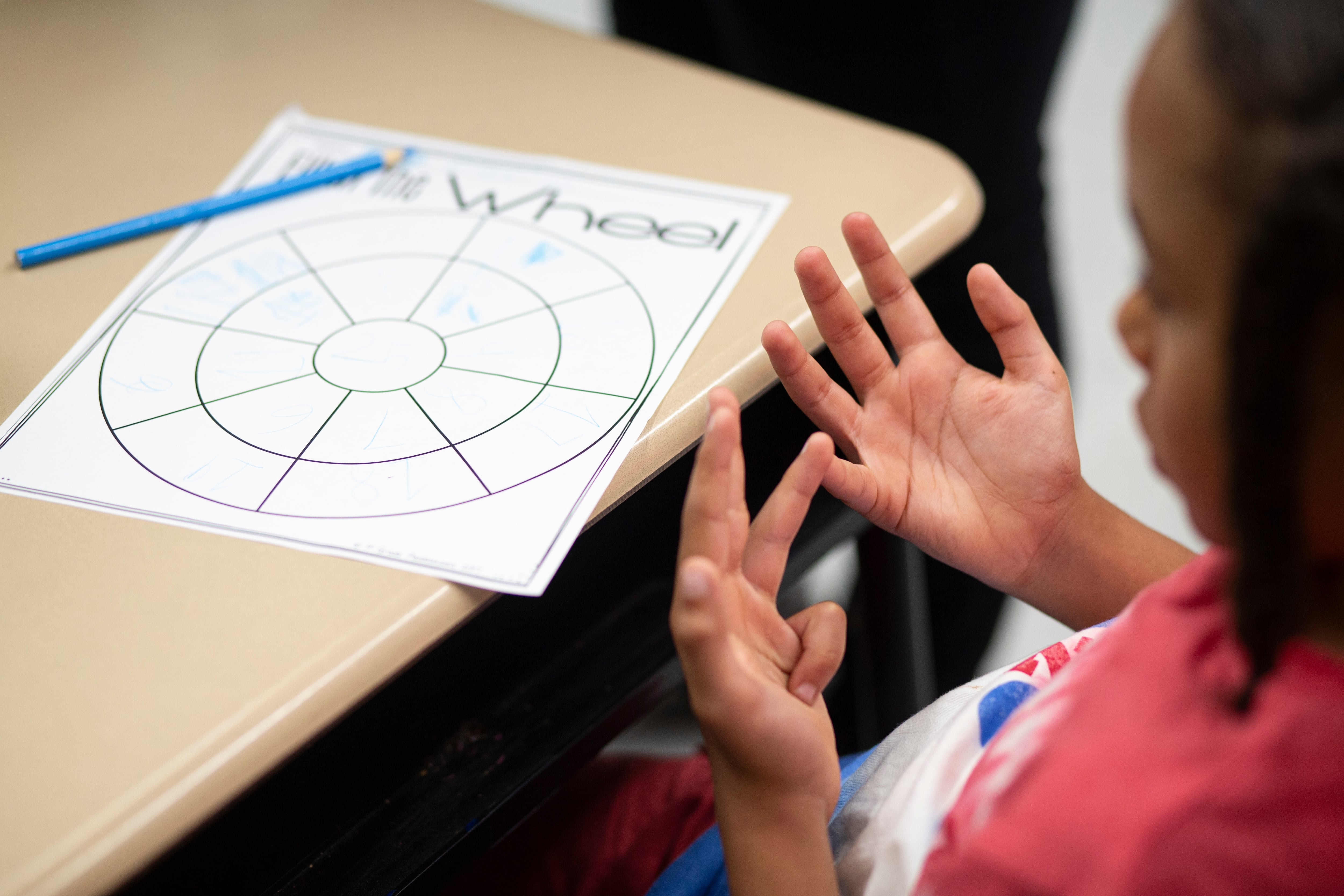Sign up for Chalkbeat Newark’s free newsletter to keep up with the city’s public school system.
Since 2020, schools across New Jersey have turned to tutoring as a way to help students who fell behind during the pandemic.
This year, several Newark public and charter schools have expanded tutoring initiatives, using both district teachers and outside organizations. But state money needed to help fund those programs has been slow to come, with some districts, including Newark, still waiting to hear if they will receive grant funding.
In February 2023, the N.J. Department of Education announced a $52 million grant available to all N.J. districts and charter schools serving grades three and four, age groups that most recently showed serious deficits in state test scores. The goal of the grant was to offer support specifically to students disproportionately impacted by the pandemic.
According to Nancy Deering, Newark Public Schools acting director of communications, the district is still waiting to find out whether it has received any grant funding at all.
Laura Fredrick, N.J. Department of Education director of communications, said a first round of recipients, including 243 of the 340 total applicants, was informed of approved funding on Nov. 3.
About $11 million in grant money still remains and a second round of decisions will take place, though the state Department of Education has not announced a specific timeline for that process.
Katherine Bassett, CEO of N.J. Tutoring Corps, a nonprofit working with students from pre-K through eighth grade statewide, said academic challenges that existed long before the pandemic were seriously amplified by COVID.
“I don’t like to say learning losses – I’m a librarian, words are important to me. ‘Learning loss’ makes it sound like scholars learned nothing during the pandemic, and that’s just not true,” said Bassett. “They learned resilience, collaboration, and self-reflection, among other things. They just didn’t learn a lot academically.”
Now, said Bassett, it’s time for students to use their new skills as they move forward in their academic careers. But it won’t be possible without programs such as high-impact tutoring, the preferred method of N.J. Tutoring Corps.
At the start of the 2022-23 school year, 19% of N.J. Tutoring Corps students in third grade were performing at or above grade level in math. By the end of the year, that number had more than doubled to 42%.
To qualify as high-impact tutoring, Bassett said programs must possess several factors including a low student-to-tutor or teacher ratio and a high frequency of sessions.
But for this type of tutoring to take place, sizable funding is also required. For many N.J. school districts and charter schools, this means state money is needed.
School districts and charter schools were permitted to apply for up to $768,000 each in high-impact tutoring grant funding to put toward programs running from Oct. 11, 2023 through Aug. 31, 2024.
However, there have been delays even for districts and charter schools that have already been granted funding. That initial October start date passed with these districts still waiting for usable money.
Grant recipients were required to amend their applications reflecting the amount of money the state has agreed to award them rather than the amount they originally requested, holding up the allocation of funds.
For districts or schools choosing to employ organizations or tutors beyond their teacher force, that amendment process includes communication with chosen tutoring vendors.
Vendors are pre-selected education service providers that grant recipients can choose to pay with awarded funding.
In July 2023, a list of approved vendors was made available to districts and schools wishing to apply for funding. Bassett said the N.J. Tutoring Corps submitted materials at the time of the February announcement in order to be considered for the approved vendors list.
Alternatively, districts may use the funds to pay for existing programs, though approval by the state is required. If NPS is awarded funding, Deering said, it does not plan to hire vendors but rather to pay district teachers to tutor.
Jessica Shearer, managing director of communications for KIPP N.J. charter schools, said KIPP was notified that it will receive $384,000 but had not received usable funds as of Nov. 20. KIPP plans to use grant money to hire tutoring vendors.
Bassett said some N.J. Tutoring programs could begin next month, though she predicts that many other programs statewide won’t begin until the new year.
“This is an important process,” Bassett said. “Tutoring is important work, and even though this takes time, we need to make sure we are doing everything in our power to help young children succeed and grow the skills they are missing.”
Samantha Lauten is a fall reporting intern for Chalkbeat Newark covering public education in the city. Get in touch with Samantha at slauten@chalkbeat.org or reach the bureau newsroom at newark.tips@chalkbeat.org.






